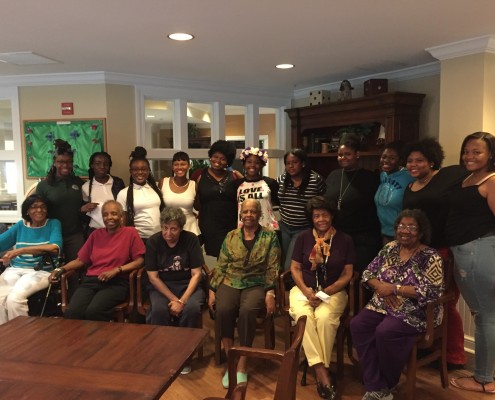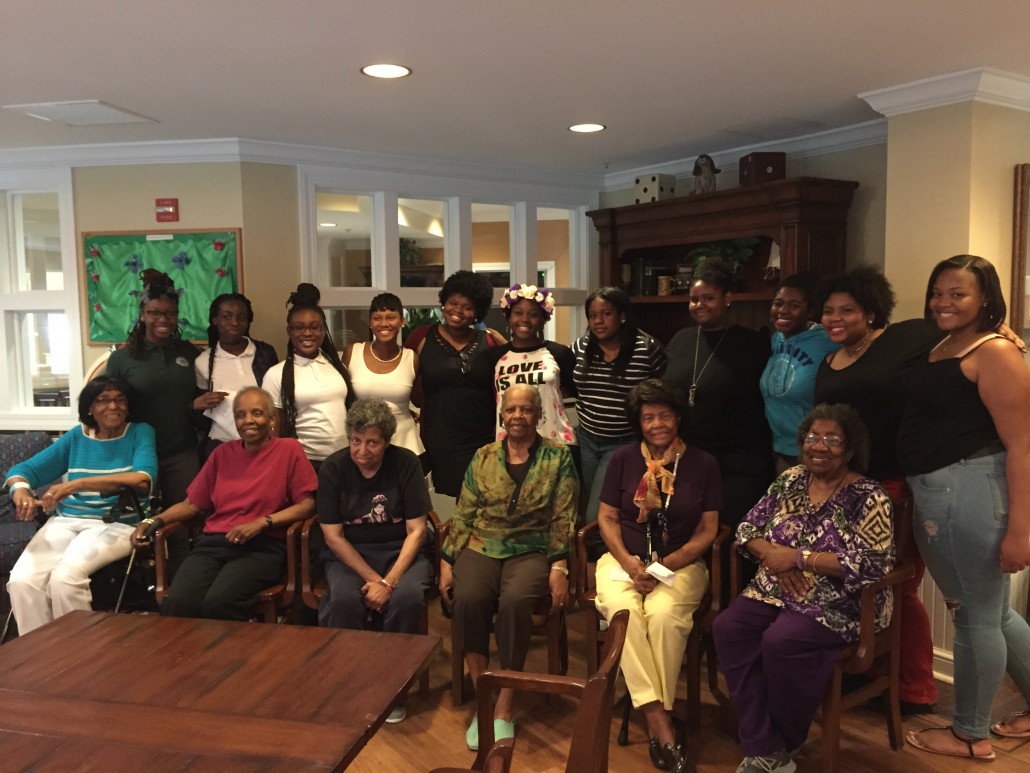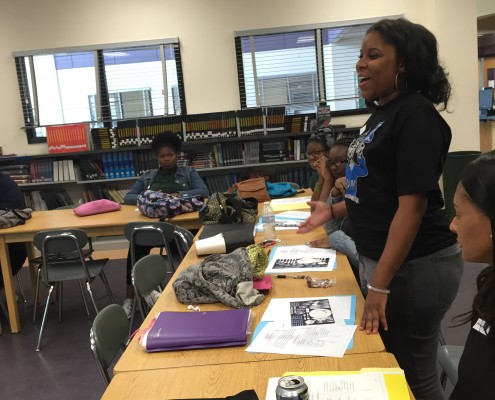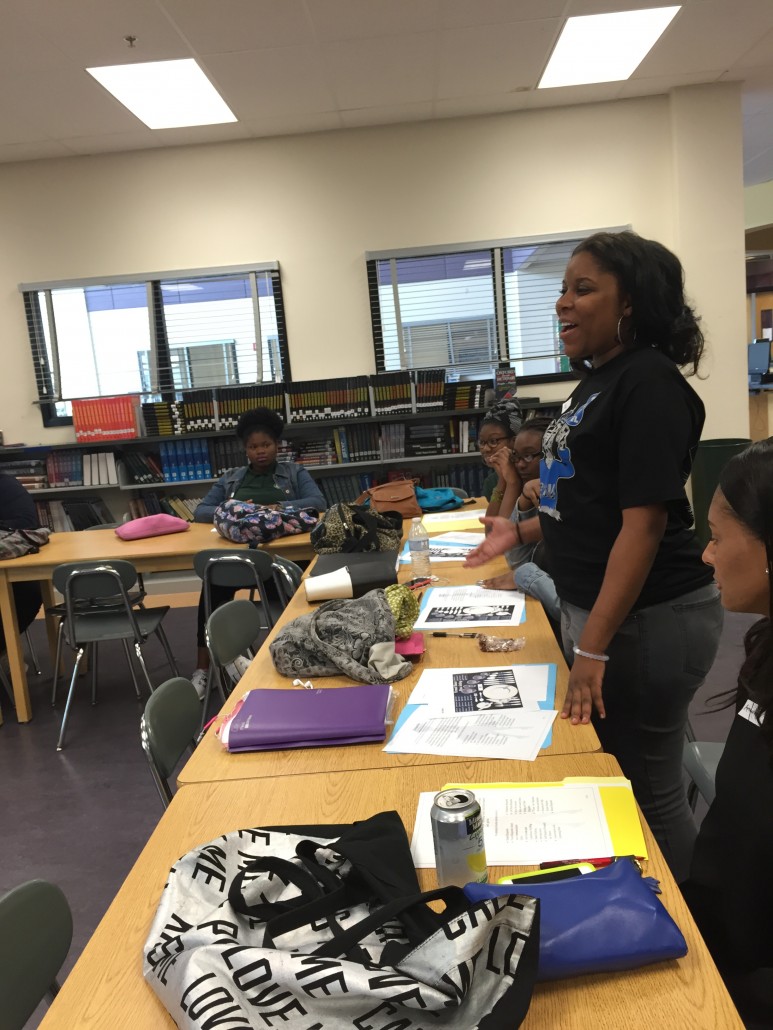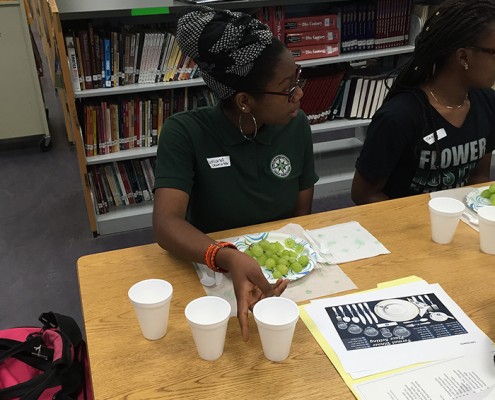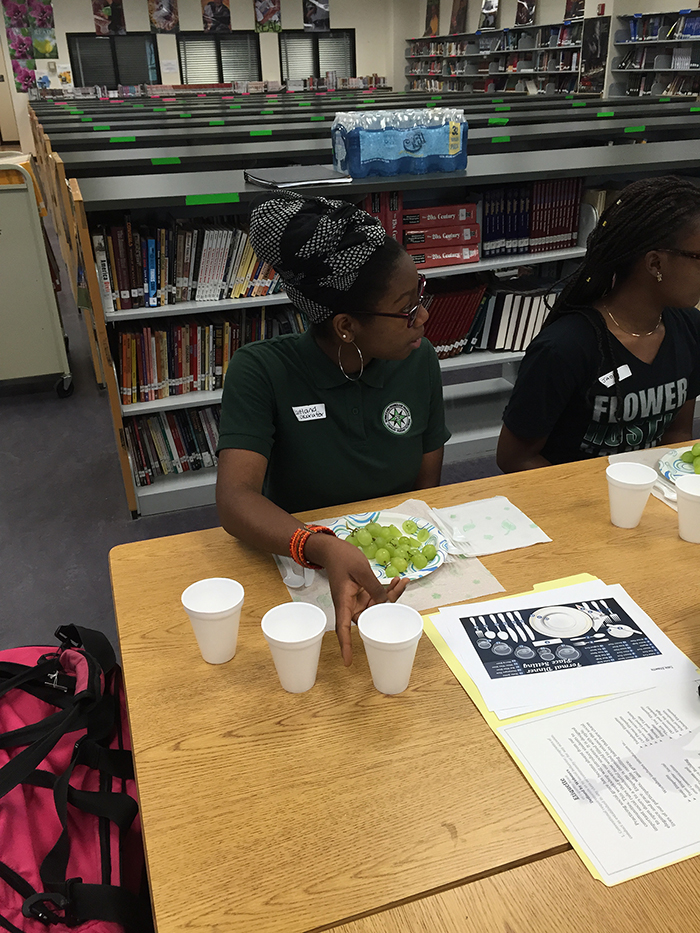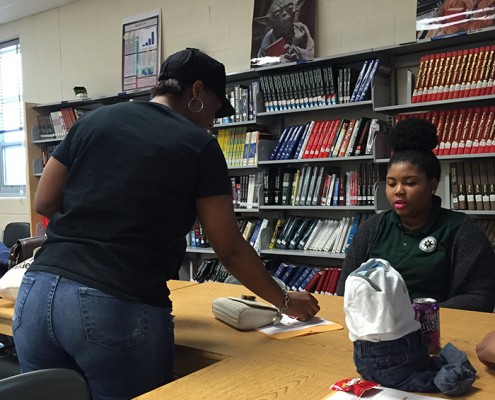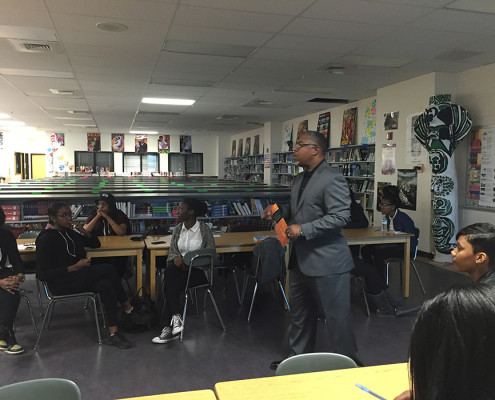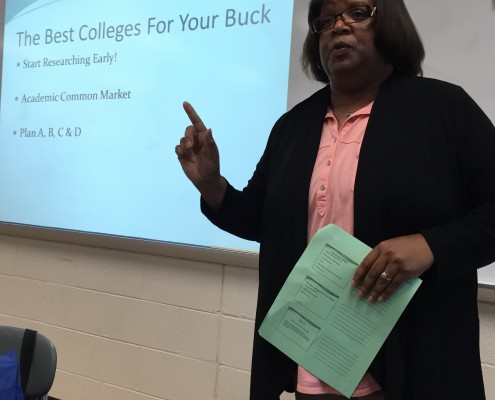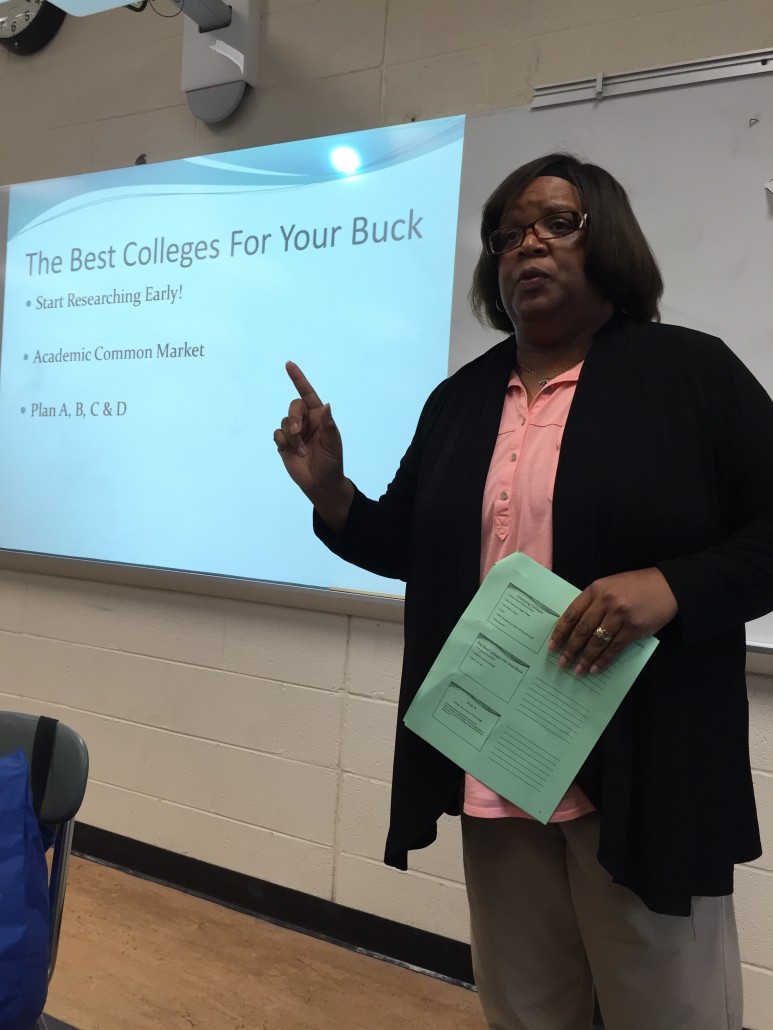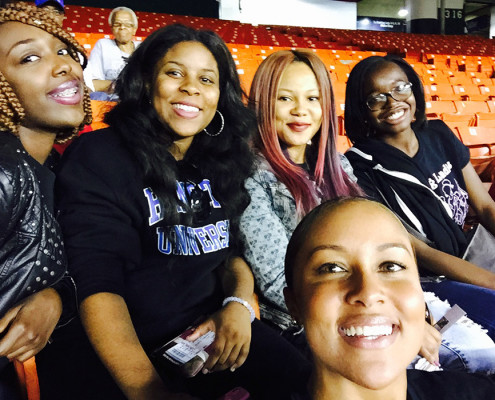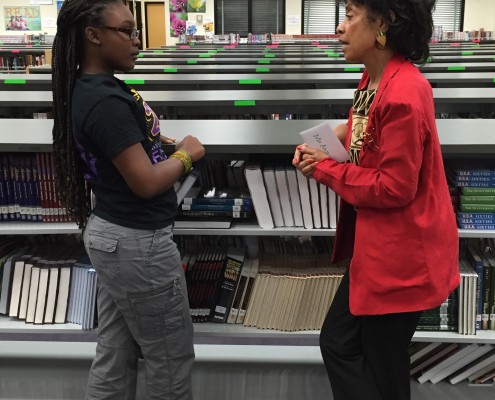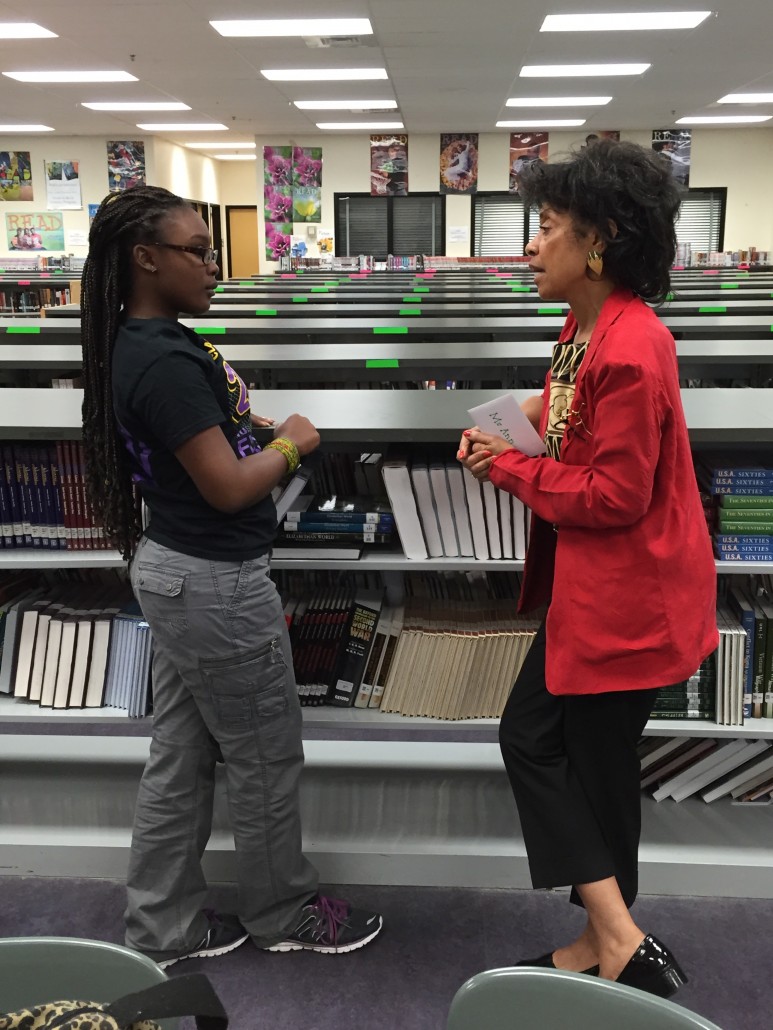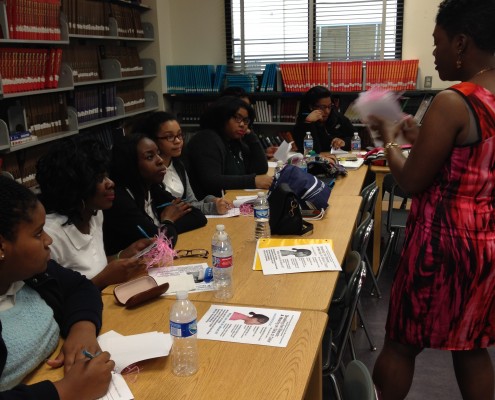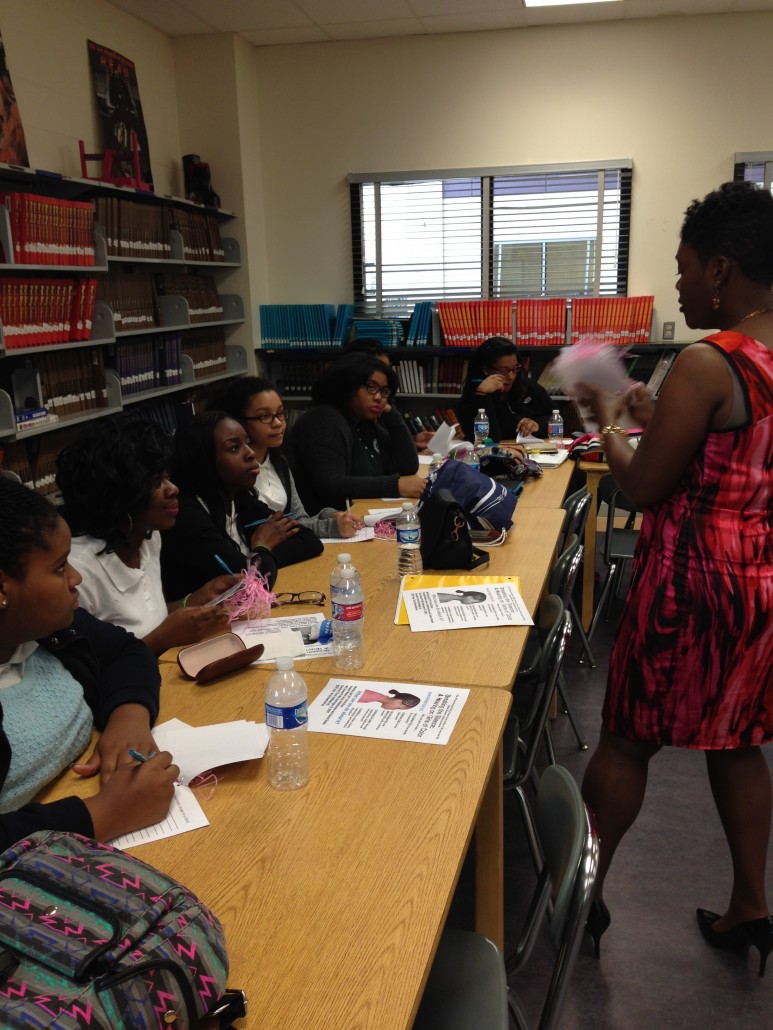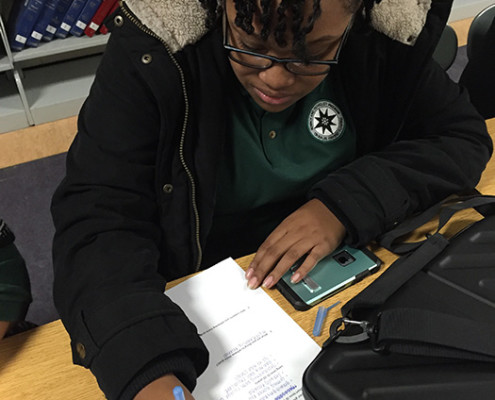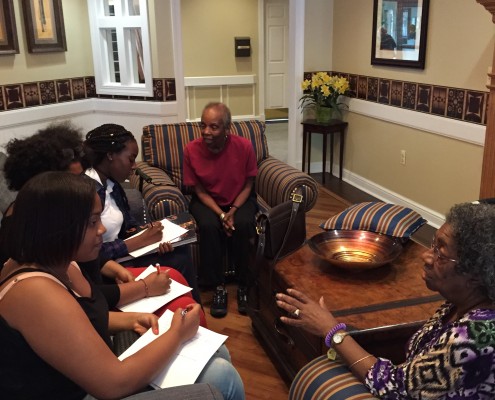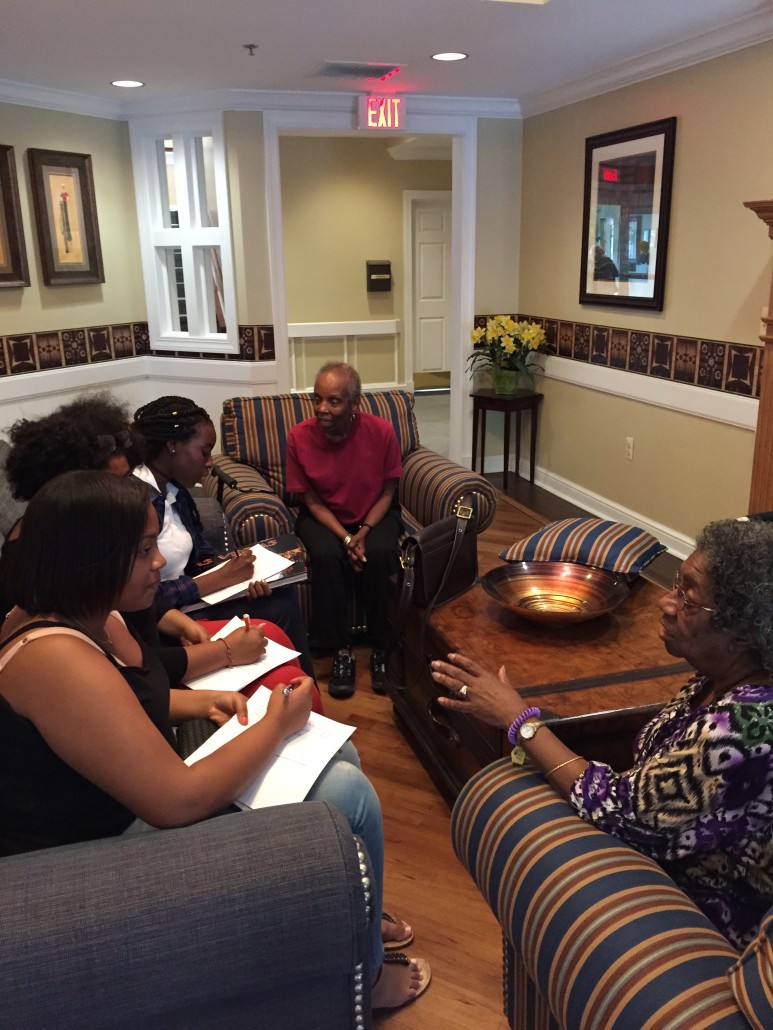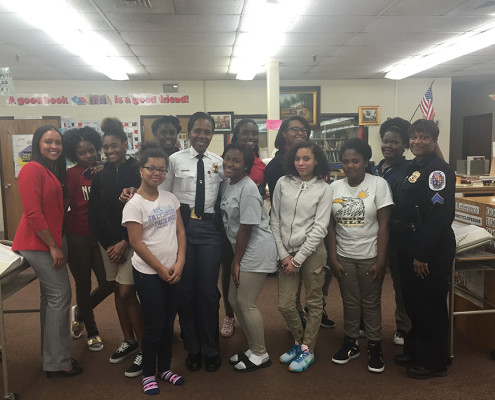The Need
Several areas in Prince George’s County are considered at-risk, and young people from vulnerable communities are more likely to engage in health-risk behaviors than their peers. According to the CDC, these behaviors are the leading cause of disease and death for all age groups in the United States. These behaviors often intertwine and manifest during childhood and adolescence and continue into adulthood. They include actions that contribute to unintentional injuries and violence, tobacco use, alcohol and other drug use, sexual behaviors that contribute to unintended pregnancy and sexually transmitted infections, unhealthy dietary behaviors, and physical inactivity. Youth are more likely to engage in these behaviors between the hours of 3PM and 6 PM – the time between when they come home from school and parents get home from work.
Prince George’s County also faces the challenge of keeping its young adults connected to the school system. According to the Prince George’s Community Foundation, the county is facing a crisis due to its large number of “disconnected” youth. A “disconnected” youth is defined as “an individual between the ages of 16-24 who is not in school and is not working.” The Brookings Institute has reported that there are 7,003 disconnected youth in Prince George’s County.
Based on recent MSDE cohort data, the graduation rate for the county is next to last on the list of graduation rates in the state of Maryland. This ranking, alone, has devastating, reverberating effects on the future of Prince George’s County residents. On average, Maryland dropouts earn $150,000 less in their lifetime than adults with a high school diploma and will cost the state an average of $300,000 over the course of their lifetime.
Our Solution
Although the aforementioned statistics are alarming, the Prince George’s Community Foundation reports that “students do not suddenly decide to drop out of school; it is a gradual process beginning early in a child’s educational career.” Students with a “history of frequent unexcused absences, truancy problems, poor grades, and a complicated home life are most at risk of becoming a dropout after the age of 15.”
Many youth face significant challenges that can prevent them from completing high school, but research-based interventions, like our Young Women’s Empowerment Series Mentoring Program, can be put in place to guide them on the path to success. We have developed this program to motivate Prince George’s County youth to graduate high school and reach their full potential. We understand the associated risks and critical importance of unsupervised time after school and have developed this out-of-school time program to create a safe environment for youth during this time. Additionally, the National Dropout Prevention Center has identified mentoring as one of the strategies that has the most positive impact on the dropout rate, and it has proven to be extremely effective with youth in at-risk situations. This program, created to afford young women the opportunity to experience the power of mentorship, is designed to build a community of self-confident, well-informed young women who can serve as examples for their peers and encourage the youth of our community to strive for success.
Program Overview
The Young Women’s Empowerment Series Mentoring Program is hosted free-of-charge to students at select Prince George’s County high schools. It is customized to meet the needs of each school’s diverse participants and facilitate their transition into womanhood with knowledge, confidence, experience, and grace.
This initiative provides the following:
- Authentic learning experiences such as workshops, seminars, and discussion forums to equip young people with knowledge and skills that enable them to succeed in school and the real world, plan for the future, build character and confidence, and embrace healthy lifestyles
- Education about the dangers of engaging in health-risk behaviors (behaviors that contribute to unintentional injuries and violence, alcohol and other drug use, sexual behaviors that contribute to unintended pregnancy and sexually transmitted infections, unhealthy dietary behaviors, and physical inactivity)
- Opportunities to give back to the community through service learning projects
- Out-of-school experiences to help participants develop new interests
Our Themes
- Career Planning
- College Preparation
- Drug and Alcohol Awareness
- Health and Nutrition
- Healthy Relationships
- Dealing with Adversity
- Decision Making
- Effective Communication/
Public Speaking
- Etiquette
- Financial Literacy
- Leadership Development
- Self-Esteem and Body Image
- Setting SMART Goals
- Sexual Responsibility and Safety
- Social Media and Internet Safety
- Violence Prevention



